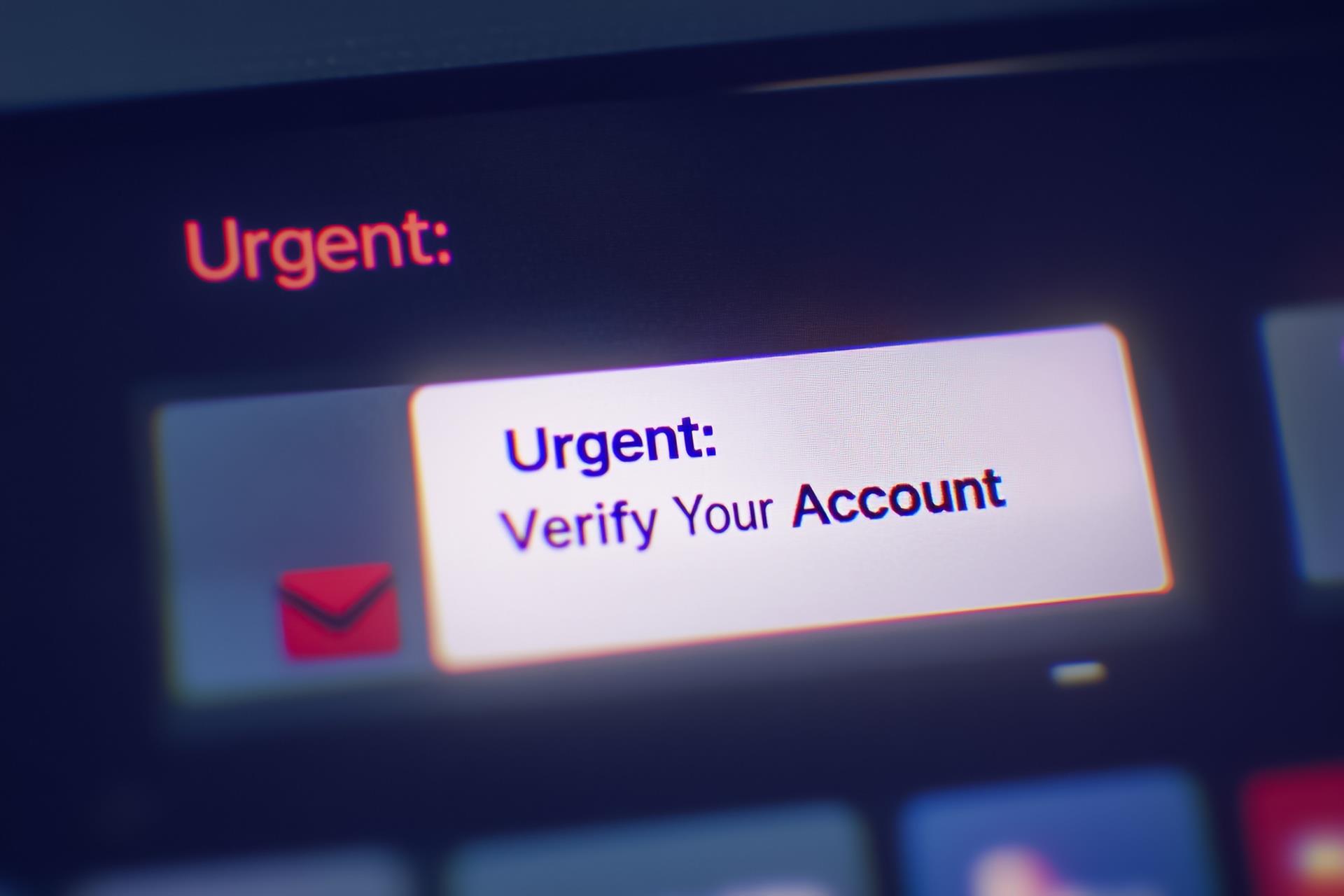
What are Phishing Scams and How to Spot Them
You’ve probably heard of phishing scams, but what exactly are they and how can you prevent becoming a victim?
Phishing scams are when you receive an email that looks like it’s from a legitimate company, business, government agency or even someone you know. These emails often ask you to click a link, update your information or confirm an order. Never reply to unsolicited emails and don’t ever click links. If you believe the email may be legitimate, contact the business or person directly or visit their website by typing the URL directly into your internet browser. For example, if you receive an unsolicited email claiming it’s from Amazon, don’t click the link. Instead, go to Amazon.com directly and search for the information.
How to Spot Phishing Scams
If you receive an email asking for your passwords, bank account information, or other sensitive details, this should give you considerable pause. Even if an email or text message appears legitimate, it may be part of broader phishing scams.
Some phishing scams are easy to spot. For example, the scammers will use fake email addresses and company logos. The problem is that scammers often use familiar business names, government agencies or even impersonate people you know.
Additionally, most phishing scams urge you to act quickly or immediately, often with a great sense of urgency, to prey on your impulsivity and make you click a link or act without thinking twice. Links often contain programs or ransomware that can lock you out of your computer, which is why we recommend never clicking on links in unsolicited emails.
Protect Yourself From Phishing Scams
There are some ways to help protect yourself from becoming an unintended victim of phishing scams.
- Back Up Data – If you accidentally click a link, it’s essential always to have your data backed up so you can restore it if needed.
- Security Updates – Always keep your software up to date to install any necessary security patches or urgent updates.
- Use Computer Security Software – If you don’t have computer security software, we recommend downloading one as soon as possible. If you’re a Home Telecom customer, we offer free internet security to all our high-speed internet customers.
- Report Phishing Scams – If you receive any phishing emails, you can forward them to reportphishing@apwg.org. If you become a victim of a phishing scheme, you can report it to the Federal Trade Commission at ReportFraud.ftc.gov. If you know the business or person being impersonated, we recommend contacting them directly.
Home Telecom Fights Tech Scams
If you believe you have received phishing scams from Home Telecom, please get in touch with us immediately. Additionally, for more information about tech scams and how to avoid becoming a victim, read more about “Beware of and Avoid Tech Scams.”

